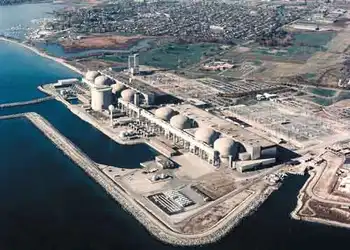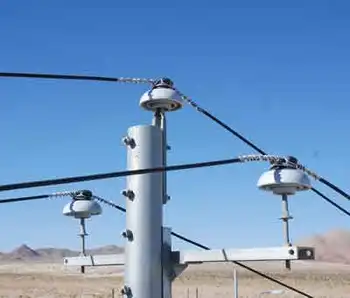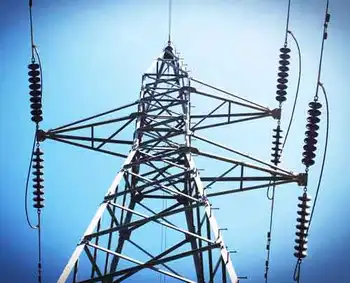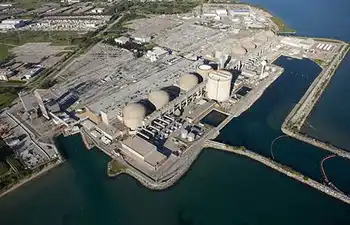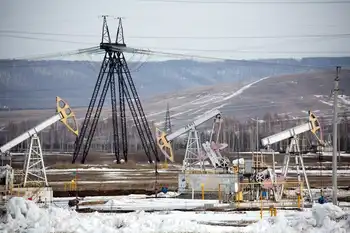Pakistans PEPCO suffers huge power shortfall
By Industrial Info Resources
Electrical Testing & Commissioning of Power Systems
Our customized live online or in‑person group training can be delivered to your staff at your location.

- Live Online
- 12 hours Instructor-led
- Group Training Available
The deficit, which amounted to nearly half of PEPCOs total power generation capacity, compelled the company to implement an unplanned and colossal loadshedding.
The company officially claimed knowledge of a deficit of just 4,000 MW and stated that it was limiting loadshedding in cities to just nine hours, and to four hours in active industrial regions. Some company officials, however, acknowledged off the record that Pakistans total energy demand actually stood at 16,337 MW, spurred by a sweltering April. The company also said that it could generate only 10,261 MW of electricity, thereby witnessing a deficiency of more than 6,000 MW.
According to sources, a severe financial crisis plaguing the countrys power and energy sector is primarily responsible for the recently witnessed power outages. PEPCO itself was scheduled to pay more than $1.2 billion to several IPPs, but fell short by about $807 million. As a result of the financial shortfall, the IPPs were receiving just 30 of the total finances due to them, causing a decline in their fuel supplies and a consequent reduction in power generation from these plants.
Firmly denying these reports in a recently conducted media briefing, PEPCO Director General of Energy Management Mohammad Khalid stated that financial crunches were not responsible for the production cuts.
All of them are being paid regularly, and there was neither any payment dispute nor any power deficit on this account, Khalid said.
Also worsening the situation since midApril are six units of gasfired, furnace oilfired and dieselfired power station Kot Addu Power Company Limited KAPCO, which is in Pakistans Kot Addu province, and IPP Muzaffargarh Power Company. In the last two days, these units tripped, causing a 344MW power shortfall.
Sources also said that the owner and operator of an oilfired, 1,200MW power plant, The Hub Power Company Limited HUBCO, has not been operating at optimal capacity, adding that two units totaling 225 MW just restarted production after a lull.
Speaking about the rawmaterial supply to its plants, Khalid also said that PEPCOs total natural gas requirement amounts to 976 million cubic feet, whereas it currently receives only 275 million cubic feet of gas.
If PEPCO is given its full volume of gas, it will not only help ensure reduction in power tariff due to a decline in input cost, but will also increase generation by 1,000 to 1,200 MW, because thermal power plants in Pakistan are actually gas operated, Khalid said.
According to sources, concerned authorities are considering a gamut of proposals for power conservation and supply maximization purposes, including a forced closure of shops and commercial regions by 7 p.m. alternative holidays for power generation, with respect to the industrial sectors proper gas supply to the thermal power plants in the country and the routing of gas being supplied to fertilizer units to power plants.
PEPCO currently shoulders the gigantic responsibility of managing the transition of Pakistans stateowned public utility body for water and power, the Water and Power Development Authority WAPDA, from a government bureaucratic body to a corporate, commercially viable and productive entity.
In Pakistan, electricity is generated, transmitted, distributed and supplied in the retail market by the stateowned Karachi Electric Supply Company KESC and WAPDA. While KESC is responsible for supplying power to more than 2.1 million consumers in Karachi, as well as some regions in the neighboring provinces of Sindh and Balochistan, WAPDA supplies electricity to the rest of the country. These two bodies are supported by nearly 16 IPPs in the country.
The electricity demandsupply gap has been plaguing the country for a while, which some view as a positive sign denoting economic and industrial growth, but others simply find disturbing.
In the recent past, Pakistan has been producing 50 of its nominal electricity production capacity due to increasing reliance on hydropower. In 2008, the country witnessed a 15 deficit in its power production with respect to the growing power demands of its burgeoning population.





